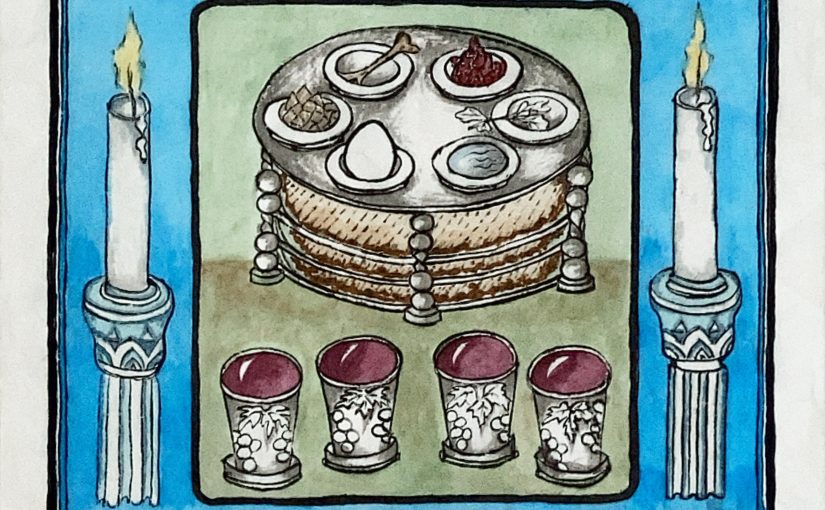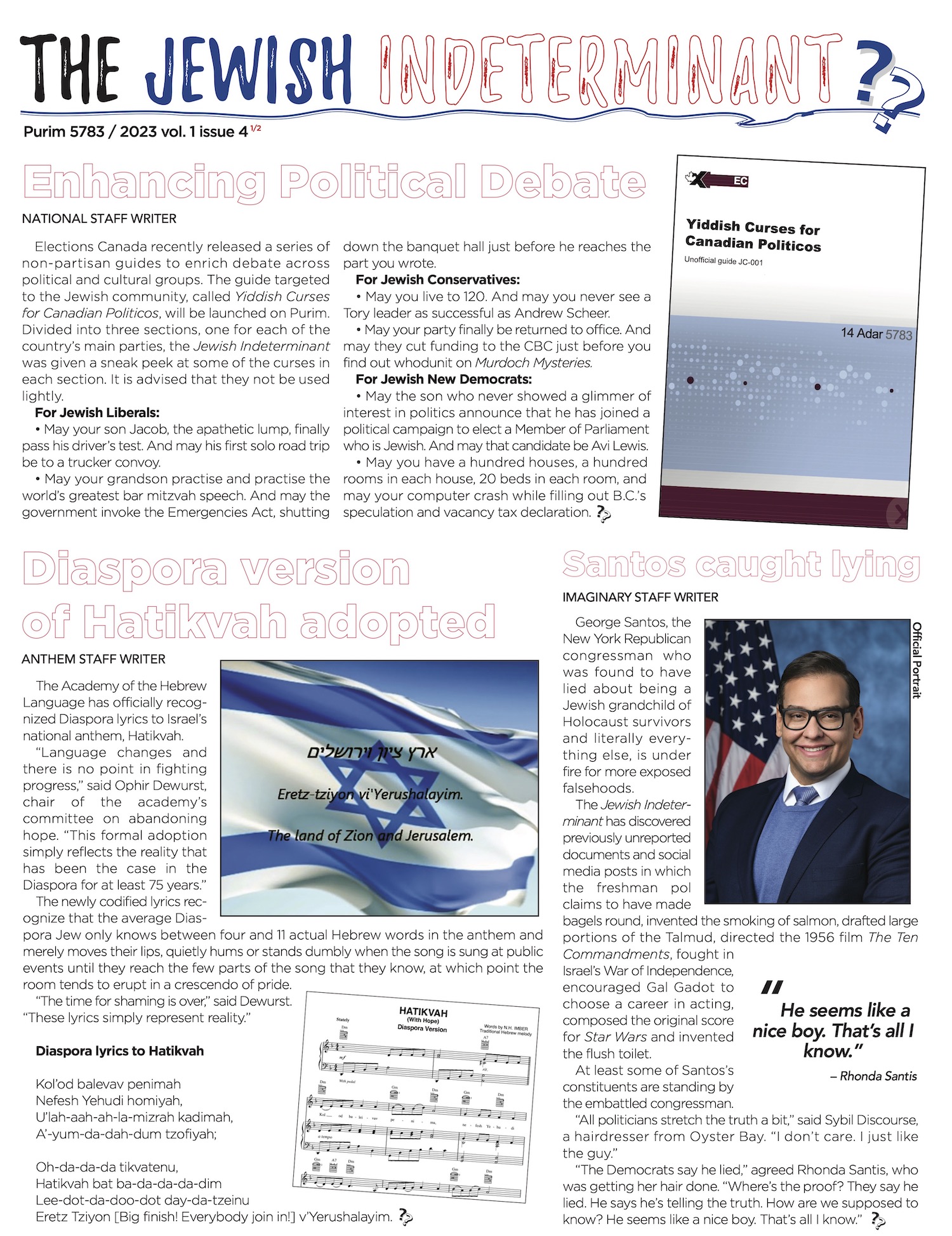A Gallup poll released last week shows that, for the first time, Democratic voters in the United States sympathize more with Palestinians than with Israelis.
Among Democratic voters contacted, 49% sympathize more with the Palestinians and 38% with Israelis. Among Republicans, sympathy for Israel remains overwhelming, at 78%.
The poll should raise concerns – but not only for the most obvious reasons.
Halie Soifer, head of the Jewish Democratic Council of America, hit the nail on the head when she told the Jewish Telegraphic Agency that the question paints a false dichotomy. (First, though, she noted that the Democratic Party’s leadership is overwhelmingly pro-Israel, whether that is reflected across the grassroots or not.)
“Democrats – from President Biden on down – strongly support Israel’s safety and security,” she said. But, crucially, she added: “There is no contradiction between being pro-Israel and supporting Palestinian rights, which is why Democrats continue to support a two-state solution to the Israeli-Palestinian conflict, as well as security assistance for Israel and humanitarian assistance to the Palestinians. The Israeli-Palestinian conflict is not a zero-sum game, and thus polling that presents it as a binary choice is inherently flawed.”
Calling people on the telephone at dinnertime to ask them how to solve an intransigent international conflict is not likely to advance the most constructive ideas for resolution. Simplistic formulations are inevitable, nuance flies out the door. Questions become self-reinforcing, a sort of unintentional “push poll.” (A push poll is an unethical strategy used sometimes in political campaigns intended not to gauge public opinion but to influence it: “If you knew that Candidate A had a history of drowning puppies and pulling wings off flies, would that make you more or less likely to vote for them?”)
This is not to blame Gallup, an established and respected polling firm. Their question unfortunately, reflects a common narrative, an either/or. That, as Soifer said, is a false dichotomy.
To be genuinely pro-Israel demands we be pro-Palestinian because finding a resolution to 75-plus years of conflict requires some sort of resolution to the statelessness of Palestinians. Equally, being pro-Palestinian demands we be pro-Israel, because compromise and coexistence is the only thing that will result in Palestinian self-determination.
Of course, acknowledging this is the easy part. How to behave in “pro-Israel” and “pro-Palestinian” ways is the muddy part. Those who call themselves “pro-Palestinian” often behave in ways that preclude the very thing they claim to advance. By denying Israel’s right to exist, for example, they ensure that compromise is taken off the table and, since that is the route to Palestinian self-determination, they betray the very definition of “pro-Palestinian.”
Those who are “pro-Israel” also need to temper their extremes. It is fair to say that, during the Oslo process, Israelis demonstrated a consensus toward coexistence that has understandably waned since the violence of the Second Intifada. But, for example, the common and senseless mantra we see from some commentators on social media that “there is no such thing as a Palestinian people” is a fruitless – and racist – squabble. Deny their history, reject the legitimacy of their land claims – there are still people there whose present and future demands a serious form of address and dignity.
To be clear: the sometimes-stated idea that the status quo cannot hold is simply not true. It has, by and large, held since 1967 and it could continue for another generation or more unless mutual compromise emerges to change that. The status quo arguably harms Palestinians more than it harms Israelis, which has led to an assumption that Israel must be in favour of the status quo. As a consequence, overseas activists have blamed Israel for the situation on the assumption that, as the perceived powerful party, it is the only one that can break the impasse. This is partly, if not mostly, untrue. Compromise must come from both sides and chants like “From the river to the sea …” and “Intifada! Revolution! There is only one solution!” the latter of which echoes Nazi slogans, will not “free Palestine.” They will, however, influence public opinion.
We should be concerned by the results of the Gallup poll – it indicates that decades of building multilateral support for Israel’s security among Americans (and, by extension almost certainly Canadians and Europeans) is failing. But, we should be concerned for another reason. It reinforces a false belief that we can only call ourselves pro-Israel or pro-Palestinian. Until we can legitimately call ourselves both, none of us deserves to call ourselves “pro-peace.”



